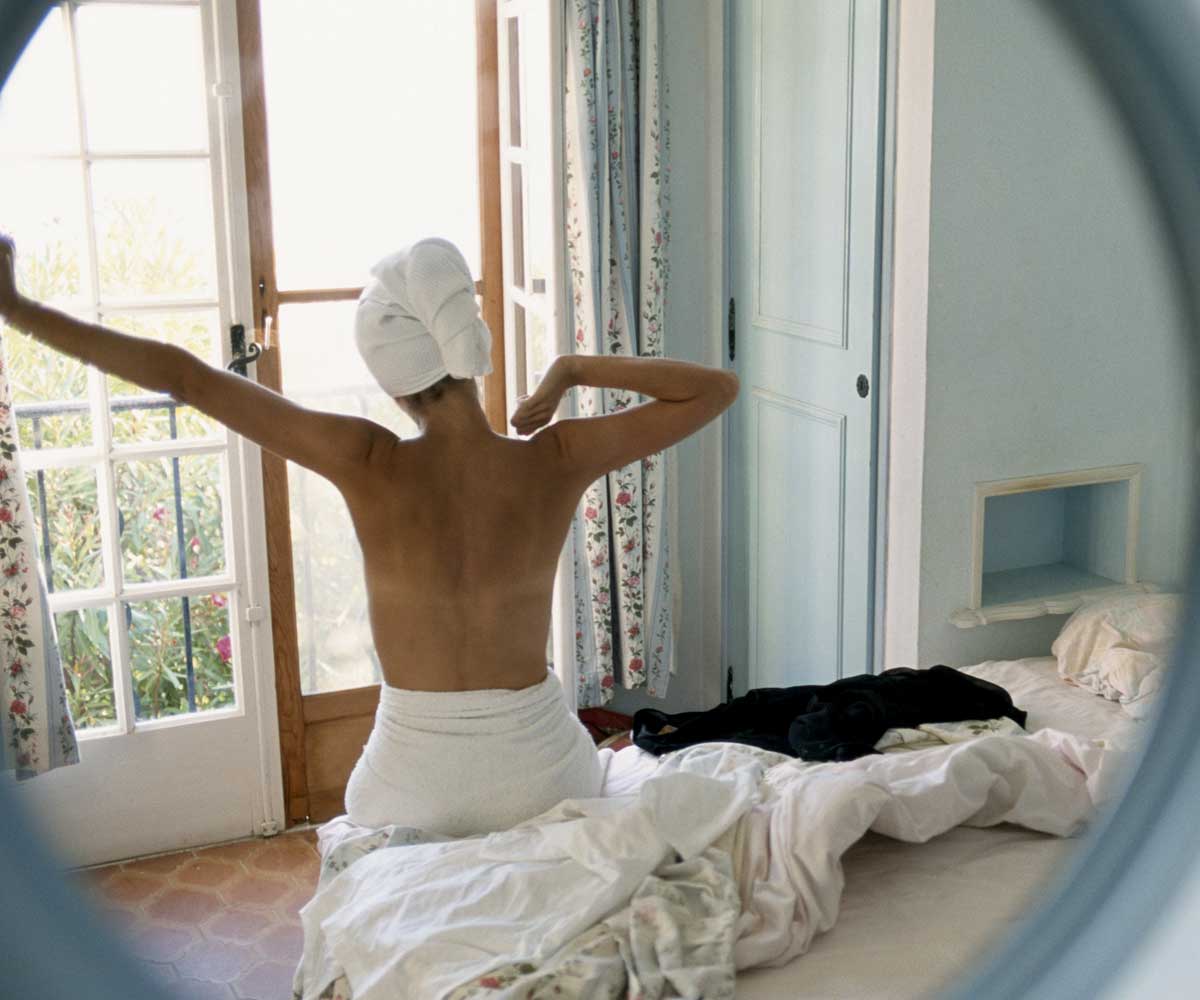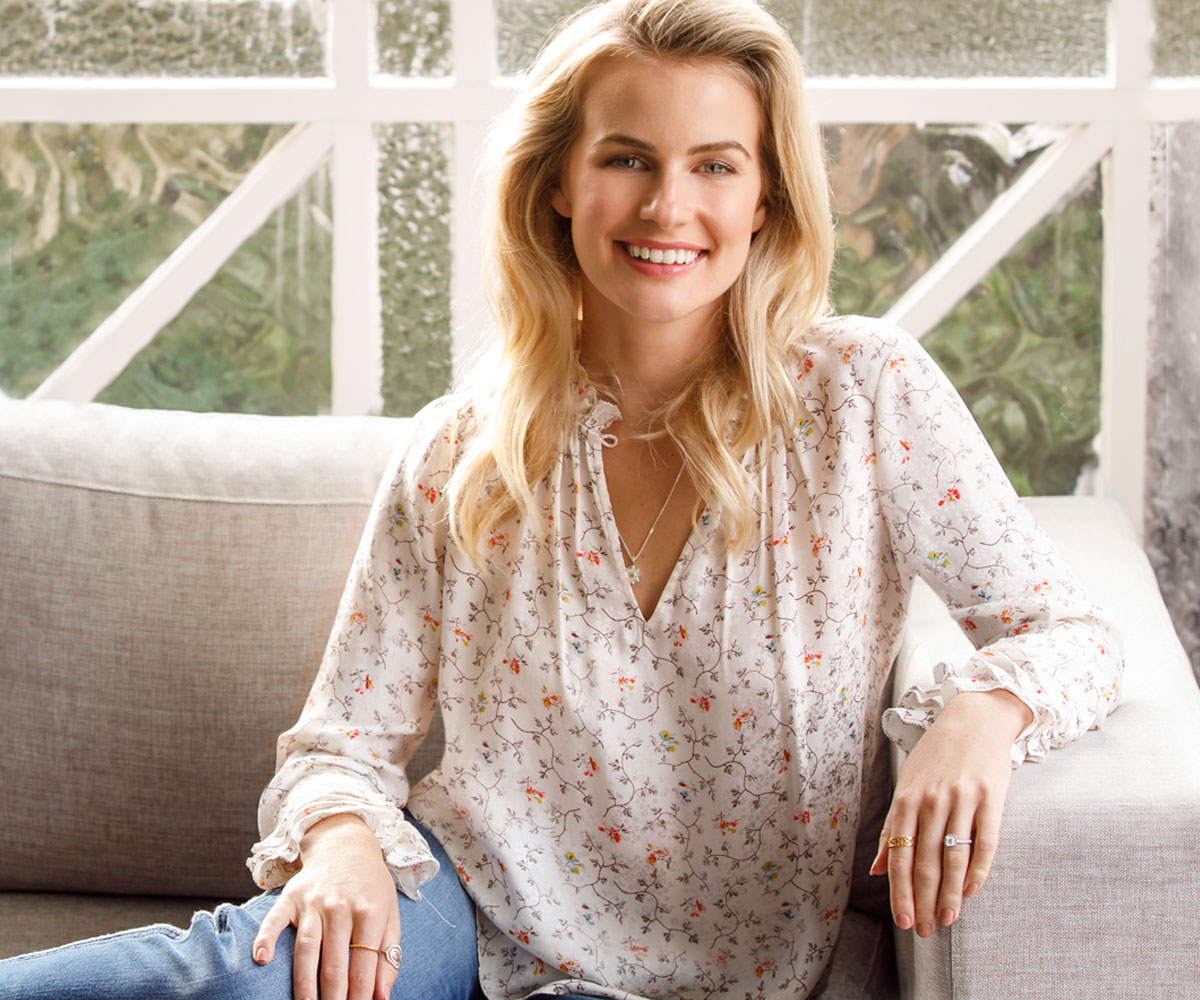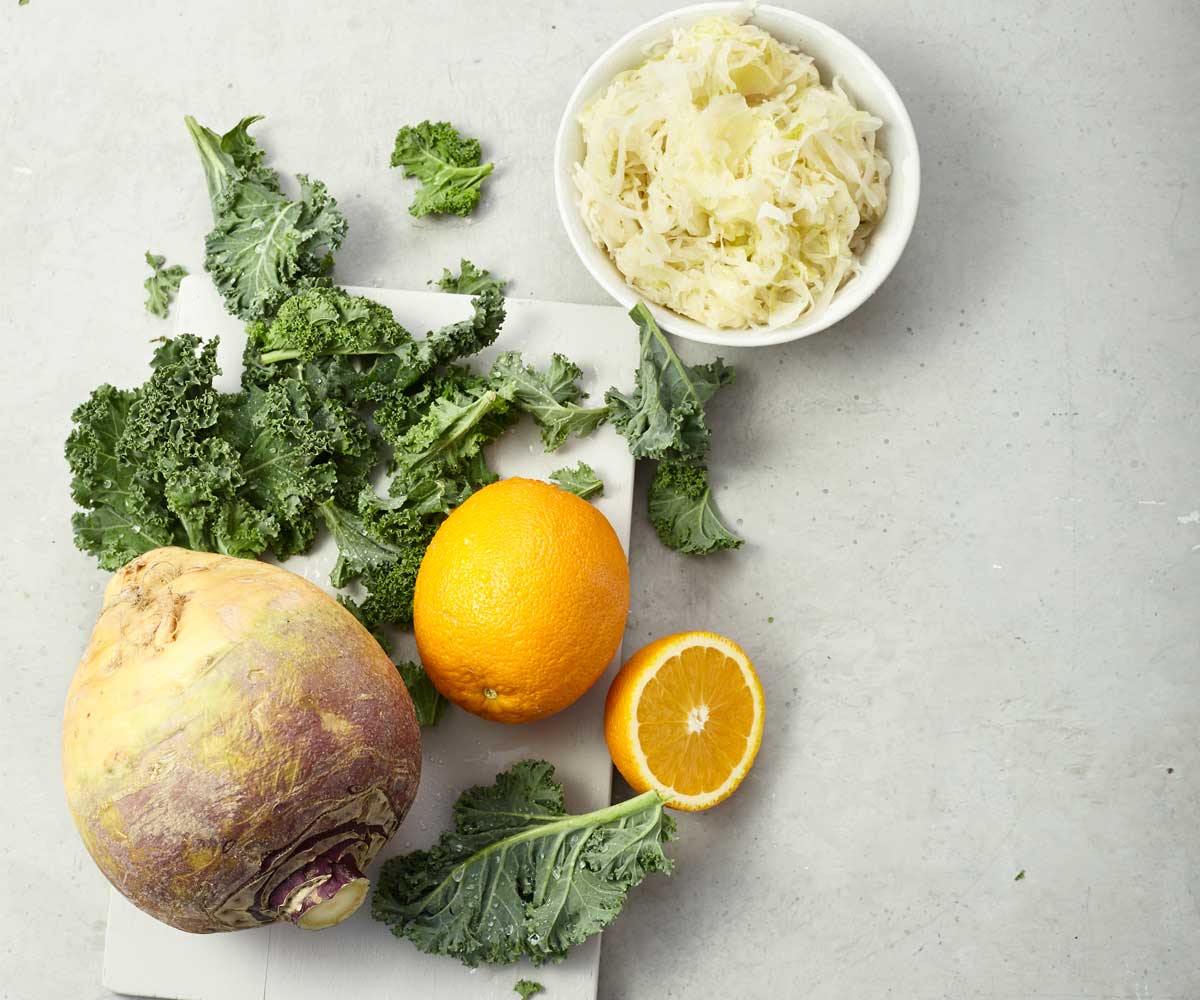I was in a coffee shop when I noticed a sticker displayed across the napkin holder, a rogue act from some good-vibes-only social vandaliser: “I hope you feel beautiful today.”
My corresponding thought process was along the lines of ‘It’s too early for this/Do I feel beautiful? I can’t be sure/Can’t I just buy a coffee without being reminded that I need to love myself?’ It’s hard enough that you can’t go near social media these days without being slapped across the face with a myriad of positive messages – usually delivered by a #fitspo 25-year-old in workout leggings or a bikini. Now it’s in our cafés, in our public bathrooms, splashed across billboards.
As women, loving ourselves is supposed to be a big call to action, a feel-good wave of feminine empowerment. But it takes so much time and effort, it’s practically becoming a part-time job. Did I repeat a positive mantra when I looked at myself in the mirror today? Can I name three things I love about myself? Am I spending enough time on #selfcare? Does my inner voice talk to me like a best friend? Is it anti-feminist to worry about my thighs?
British author Caitlin Moran, who penned the iconic How To Be A Woman, once wrote that she had a rule of thumb when trying to work out if something was sexist.
“Are the men doing it? Are the men worrying about this as well? Is this taking up the men’s time? Are the men told not to do this, as it’s ‘letting our side down’? Are the men having to write bloody books about this exasperating, time-wasting bullshit?”
Men are, by and large, not worrying about this. Men don’t care. Feeling insecure about our bodies is not new to women, it’s been expected of us for so long.
Feeling insecure about feeling insecure, however, is now a new level of guilt we are faced with. But there’s a growing self-esteem movement that’s less ‘yay’ and more ‘meh’. It’s called body neutrality, and it’s where you don’t think/worry/cheerlead your body at all. You don’t hate your body, you don’t love your body, your body just is.
What if the secret to feeling comfortable about your body was less about loving it, and more about just not thinking about it at all? Is this the ultimate level of freedom?
“If I was going to say to women to put a sticker on their mirror, rather than it be ‘love yourself’, it would be ‘peace, not war’. Maybe today you just be a little kinder,” says Angela Barnett, body activist and writer.
“For me, and lots of other people who have had eating disorders, you’re just trying to get to a place of peace, so that you’re not so mean.”
Moving away from the idea of perfection is important for all women, not just the one in five who’ve experienced disordered eating at some stage in their lives. Angela battled bulimia for years, and even founded the website FABIK: ‘F***ing Awesome Bulimics I Know’, in a bid to reduce the stigma and silence around the eating disorder. Reaching a place of acceptance with her body has taken a long time, as has helping others reach the same hallowed plane.
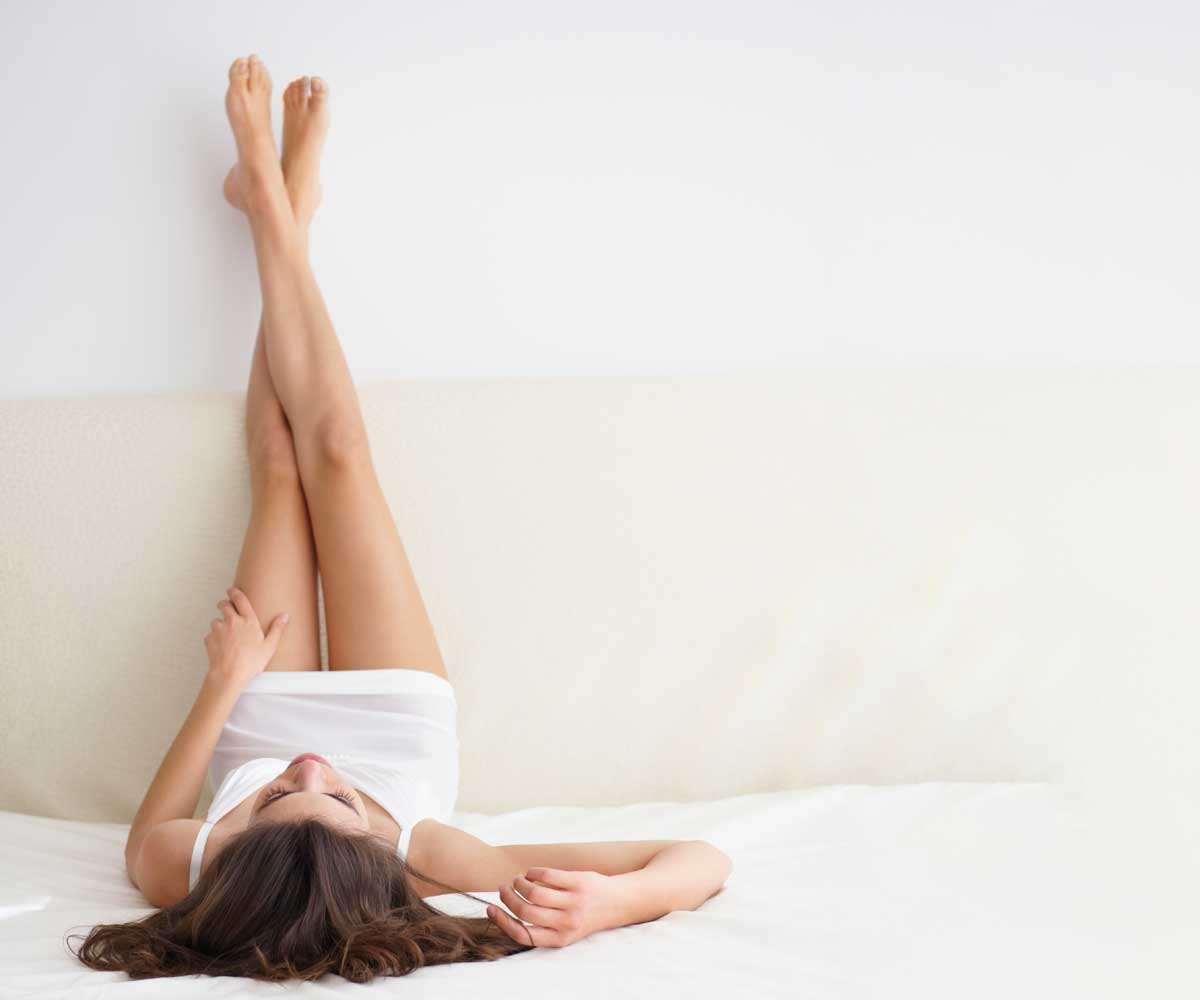
Calling a truce on your body image
“I was at a place of such extreme body hatred – it’s quite abusive, a bulimic relationship. It started from a really dark place,” she says. “It can feel a million miles away that you’d ever love your body, even though you might be heading towards that. But the first few steps, it’s just not being so mean, and not hating it so much, and not being so self-destructive.
“You have a relationship with your body like you have a relationship with people; it goes up and down,” explains Angela. “Some days you wake up and you have a s–t day, some days you don’t. You don’t have to be super ‘rah rah’ all the time because that can be just as alienating. Going through ill health, hormonal changes, or whatever your body serves up, it’s a constantly moving thing.”
That’s a possible argument for why women keep our body image so front of mind for so much of our lives; it’s hard to pin down your feelings on something that changes every few years. Puberty to pregnancy, menopause through to mastectomies – the body we’re born with can experience far more significant changes along the way than a man’s typically does. And even if that body awareness doesn’t come naturally to us, as females it becomes pretty clear early on that it’s important to the rest of the world.
As a mother to a daughter and a son, Angela is extremely aware of the discrepancy between the comments they receive from both family friends and strangers.
“With my son, they always talk about ‘How was surfing?’ ‘Are you playing soccer this year?’; they ask him about what he does. Whereas they ask my daughter about how she looks: ‘Isn’t that a pretty dress you’ve got on?’ ‘Oh, who did your hair?’ She’s really young. Sometimes I want to yell at people: ‘Stop talking about how she looks! Ask her about surfing!’
“There are women who have dieted all their lives and still talk about their bodies as something they’re disappointed and unhappy with,” Angela says.
She belongs to several closed Facebook groups dedicated to body image, and recalls one message from a woman in her 60s who had always hated her body and needed help.
“My response to her was just [to] think of your body as not your best friend, but a close friend. When your friend is really sad, they need kindness and love, they don’t need someone saying ‘Oh god, just look at you!’ If only we were just all a little bit kinder, and we all had less of a sense of a need to look a certain way.”
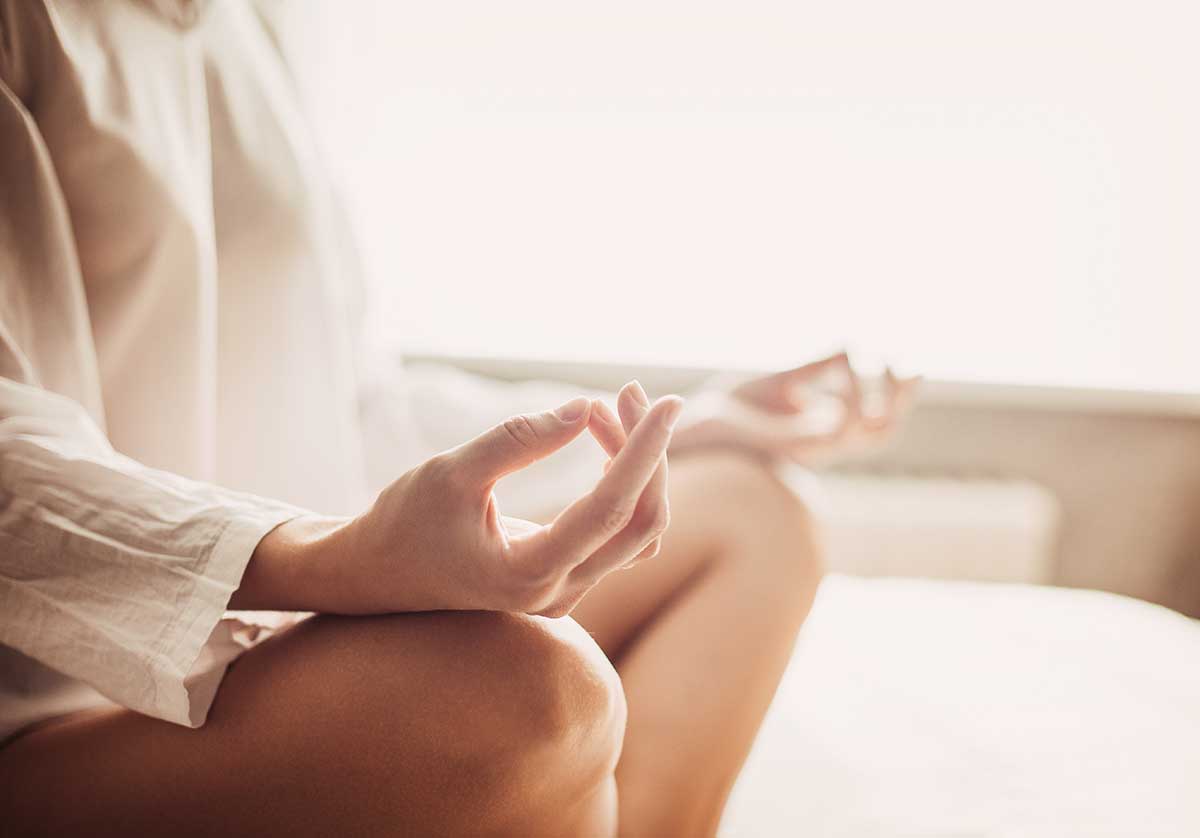
You only get one body – appreciate it as the instrument it is
Just as you might look back on photos of yourself when you were younger and think “What was I ever complaining about?”, one of the cruel ironies of getting older and appreciating your body is it can often take a health crisis to focus on what’s good about it. Angela doesn’t want it to come to that for women – her advice is to focus on the experiences your body has given you over the years.
“We only get one life, and it really is the best instrument you will ever own. You do own it, it’s yours and no one else has it. Your body can take you around the world; it’s equipped to give you great feelings of joy and sadness. It’s sad if someone has battled it all their lives, because it doesn’t have to be like that (and it’s not just eating disorders; ‘battling’ can be constantly disapproving and dieting, imagining a better life if you’re slimmer/curvier/whatever). It is possible to have peace with your body, and once you get to a state of peace it’s easier to maintain it. You don’t often think of it as a relationship, but it is. Ask yourself: Am I going to have a good relationship with it, or a bad relationship? And like any relationship, everything is easier if you listen to what’s really going on and try not to fight so much!”
As a psychology and gender professor at Auckland University, Virginia Braun knows a lot about the influences that merge and combine to form how we feel about our bodies. Three’s no silver bullet when it comes to achieving body neutrality, she says, because the contributing factors are so varied.
“Media, the sorts of stories we grow up with, the interpersonal interactions we have, the feedback we get about ourselves and our bodies… our families have a big impact – both direct and indirect, what we get told but also what we see around us,” she says.
“Girls’ bodies will be [influenced] around how mum is when it comes to food and eating and practices. Young kids can see the difference between the stories they’re told and then what they see practised.”
Teenage angst around body image is nothing new, Virginia says, but the timeline for how long it remains a focus has been thrown out the window.
Sport is key to helping girls appreciate their bodies for what they can do – not what they look like
“In the past 30 or so years, we’ve seen a new sort of person appear who is required to care about, think about, talk about and work on their body and their psyche as a continual betterment project and activity… It’s now seen as sort of a lifelong endeavour. Body neutrality is a challenge or disruption to the idea that your body is something you need to be constantly improving or bettering.”
One way to help protect young girls against the possibility of negative self-image is to get them involved in sports. There’s a slightly different culture around bodies in New Zealand than in other western countries, and it’s thought to be partly due to the fact we have a high level of girls participating in sports.
“If you do that in a serious way, you learn your body is something that does rather than something that is. That’s the difference between having a body that is a service rather than a tool; it sets up a different framework for how you then potentially respond to the messages.”
She cites US feminist author Jessa Crispin’s theory that attention is like a currency; you only have so much of it.
“If you think about it in those terms, you can think about what I have the capacity to give my attention to. If I’m putting all of this energy and attention into being positive about my body, it limits the amount of energy and attention I can put into other things. Likewise with negative thoughts about my body. Feminist analysis [suggests] encouraging women to spend so much time thinking about their body is a way of diverting their attention from other productive engagements in society, like becoming a CEO.
“Body neutrality opens up the possibility of quite a radically different way for any girl – and increasingly, any boy and differently gendered kids – to feel about their bodies. Their bodies can just become something that exists, without a lot of energy and attention. From a psychological wellbeing space, it feels like it’s got a lot of possibility.”
The gender diverse point could be a key one moving forward, Virginia says, as removing the focus on the outside of the body could help reduce the anxiety and stress around it as well. She advises caution, however. It’s not hard to imagine body neutrality could, like body positivity before it, become co-opted for commercial reasons and just become a new and interesting way to sell women beauty products or lingerie.
“Some of the critiques around body positivity campaigns are that the frame continues to still be: what do you look like?”

Shift the focus from form to function
She believes one way to change the framework of how we talk and think about our bodies is to continue with that mentality of ‘what does my body allow me to do?’
“Does it allow me to play my favourite sport? Does it allow me to go for a bike ride with my kids?” And, in a perfect world, what does a day of body neutrality look like? It might prove the point of just how removed we currently are from it that even Virginia admits on one level she can’t imagine true body neutrality.
But she says it could involve either not looking in a mirror or, if you do, not focusing on your flaws.
Getting dressed by concentrating on the sensation of the fabric, not what your body looks like in that outfit. Eating a meal based on texture, taste and what you feel like eating, not what you think is healthy or won’t make you fat.
Doing exercise because you want to, because it simply feels good, or is fun, or is a way to socialise. Sitting on public transport and not worrying about your body in that space.
“I think that’s the hardest one, potentially – to just occupy space in a way that’s free and unconstrained by thinking about how others might see you or how you think about yourself.”
To continue with that currency comparison, imagine how much attention and energy you’d have available to you if your body – and your feelings towards it – stopped being such a focus. We can all remember what it was like to be young and suddenly aware of our bodies, how they fitted, or didn’t fit, with the world around us, and how long that awareness has stayed with us. But it’s never too late to find a happier balance. Maybe that starts with forgetting positivity, and just aiming for neutrality. Let’s give peace a chance.
